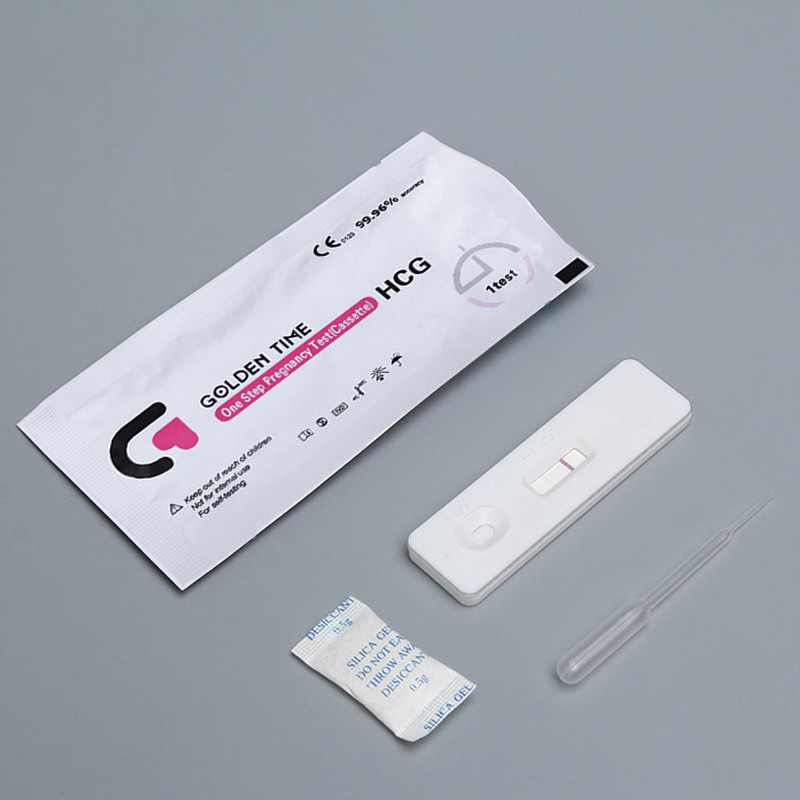Дек . 20, 2024 15:19 Back to list
ovulation test price
Understanding Ovulation Test Prices and Their Importance
Ovulation tests have become an essential tool for many individuals and couples planning to conceive. These tests help identify the most fertile days in a woman's menstrual cycle, thereby increasing the chances of pregnancy. As demand has grown, so has the variety of available ovulation tests, leading to a range of prices. Understanding these costs, along with factors influencing them, can assist consumers in making informed decisions.
The Basics of Ovulation Tests
Ovulation tests typically measure the level of luteinizing hormone (LH) in urine. A surge in LH indicates that ovulation is approaching, typically occurring 12 to 36 hours later. This insight is invaluable for timing intercourse, making it a popular choice among those trying to conceive.
Price Range
The prices of ovulation tests can vary significantly depending on the brand, the type of test, and the quantity included in a package. On the lower end, single test strips can be found for as low as $1 to $2 each. However, these may require frequent purchases, as tracking ovulation accurately often necessitates testing over multiple days.
For those seeking more comprehensive solutions, multipack tests are available. A pack of 20 tests can cost anywhere from $20 to $50, depending on the brand and features. There are also digital ovulation tests, which can be more expensive, ranging from $30 to $80 for a pack that may include a limited number of tests. These digital devices provide more straightforward results and may have additional features, such as connectable apps that track cycles and fertility windows.
Additional Factors Influencing Price
Several factors can influence the price of ovulation tests besides the type of test
ovulation test price

1. Brand Reputation Well-known brands that have established a track record of reliability and accuracy tend to charge more for their products. While brand loyalty can sometimes justify a higher price, it's essential to assess the actual efficacy of the product before purchasing.
2. Test Type As mentioned, there are various types of ovulation tests – from simple strips to advanced digital monitors. Each type comes with a different price point. Digital tests may provide greater convenience and accuracy but at a cost.
3. Promotions and Bulk Purchasing Many retailers offer discounts or promotions, especially for bulk purchases. Buying in larger quantities can significantly reduce the per-test cost, making it more economical for those who anticipate needing multiple tests.
4. Additional Features Some ovulation test kits come with features such as tracking apps, personal fertility insights, or integration with other health monitoring tools, which can justify higher prices. Users should consider whether they need these additional features when selecting a product.
5. Location and Availability The cost of ovulation tests can also vary by location and availability. In some regions, local pharmacies may charge a premium, while online retailers may offer lower prices with the convenience of home delivery.
Making an Informed Choice
When selecting an ovulation test, it’s crucial to balance cost and effectiveness. While cheaper tests may be appealing, they can lead to false negatives and frustration. It's advisable to read reviews and, if possible, consult with a healthcare professional for recommendations.
In conclusion, understanding the prices and factors that influence them can help potential buyers navigate the world of ovulation tests. By evaluating personal needs, budget constraints, and the reliability of various products, individuals can choose the best ovulation testing method for their family planning endeavors. Ultimately, investing in the right ovulation test can make a significant difference in one’s journey toward conception.
-
Dengue NS1 Rapid Diagnostic Test Kit
NewsMar.07,2025
-
Dengue NS1 Rapid Diagnostic Test Kit
NewsMar.07,2025
-
Dengue NS1 Rapid Diagnostic Test Kit
NewsMar.07,2025
-
Transferrin Rapid Test Cassette Tumor Marker TF Card
NewsMar.07,2025
-
Malaria Pf Pan Rapid Diagnostic Test Kit
NewsMar.07,2025
-
malaria pf / pan ag rapid test
NewsMar.07,2025

